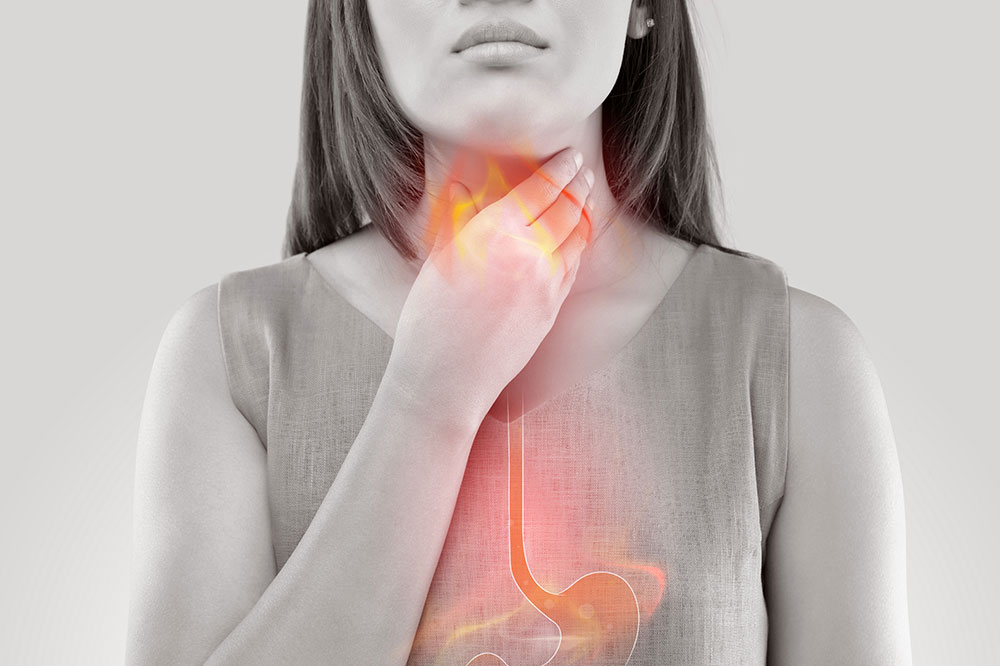
GERD – What to Eat and Avoid
Research shows that about 20% of the population has gastroesophageal reflux disease (GERD), a chronic acid reflux (heartburn) condition that can lead to bloating, belching, and burning sensations after every meal. That’s why when it comes to diagnosing acid reflux, one of the diagnoses includes the foods you eat. So it’s important to recognize the foods that ease the reaction and those that trigger it.
Foods that ease acid reflux
1. Alkaline foods
Alkaline foods are low on the pH scale, making them less likely to cause acid reflux when compared to those high on the pH scale. Some of these foods include melons, cauliflower, nuts, fennel, and bananas.
2. Water-rich foods
Just like drinking water, even water-rich food can help neutralize the acid in the stomach and reduce flare-ups. It would help if you considered adding these foods – celery, lettuce, watermelon, cucumber, herbal tea, and broth-based soups into your daily meal portions.
3. High-fiber foods
Based on research, fibrous foods can make you feel full and pose a lower risk of acid reflux. High-fiber food options include whole-grain bread, brown rice, oatmeal, couscous, sweet potatoes, carrots, and beats.
4. Lean meats and seafood
Lean meats like chicken, turkey, and various seafood contain low levels of fats that can reduce the symptoms of acid reflux. However, you can try grilling, baking, broiling, or poaching them for the best results.
Trigger foods for acid reflux
1. Fat-rich foods
Fat-rich foods can cause the lower esophageal sphincter to loosen up. This allows more stomach acid to jump back into the esophagus, subsequently leading to GERD. Some foods rich in fats include French fries, fried beef, lamb or pork, heavy desserts, and ice cream. These foods also cause a lot of other health problems, so you might want to cut down on their daily consumption.
2. Citrus fruits
Avoid foods that are super-citric. Some of them are oranges, lemons, pineapple, tomatoes, grapefruit, and even salsa. If you eat too many citrus fruits, there’s a possibility it may cause or make GERD symptoms worse.
3. Spicy foods
You may love the extra spice in your food. But according to GERD-based research, spicy foods may trigger acid reflux in some people. Apart from spicy foods, tangy foods, onions and garlic are also heartburn triggers for many individuals.
4. Other food triggers
Apart from the harmful foods we mentioned above, there are a few others that you should consider eliminating from your food intake.
- Chocolate has methylxanthine, which causes the muscles in the LES to relax, and therefore, causes acid reflux.
- Mint, mint products, and mint flavorings (like breath mints and chewing gum) might be a refreshing source of food. However, they are known triggers of acid reflux symptoms.
- Flour-based foods like crackers, bread, whey protein, and even dairy are known triggers of GERD, and it’s best to avoid them if you have any symptoms.



